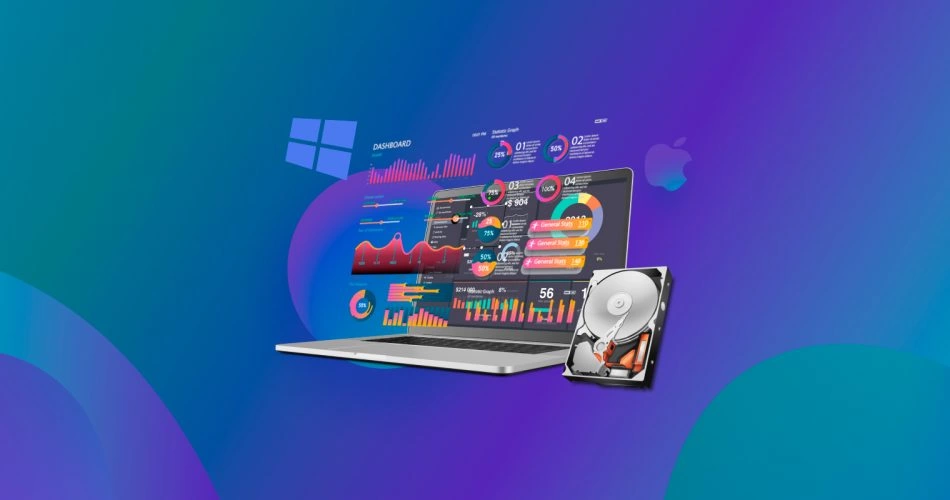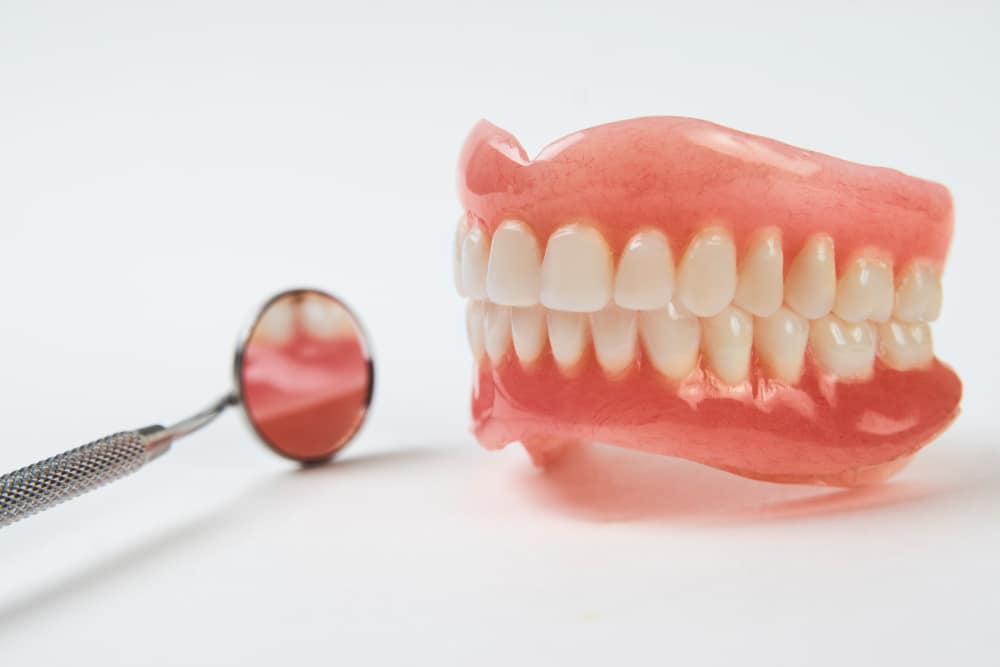We have a tendency to believe that technology and seniors do not get along. We’ve all heard the jokes about seniors being unable to program a DVR or use social media. Yet things are not as dire as our culture portrays. Seniors and technology do get along. Moreover, the healthcare industry has discovered that one particular type of technology seems perfectly suited to seniors, and this is already being supported by many therapists like Dr. Lashawn Lewis from Tavares, FL, on which you can learn more here.
That technology is none other than voice recognition. You are already familiar with it if you own a smart speaker. Popular smart speaker devices from Google, Microsoft, and Amazon are influencing the way healthcare services are delivered. They are also making it possible for seniors to live more independent lives in their own homes.
You might already grasp the potential here if you own a smart speaker. A number of things you can do with your voice grows as you add equipment to your system. You start with a basic system that will read the news and tell you the weather. Add a few pieces of hardware and suddenly you are using your voice to turn lights off, adjust the temperature, and lock and unlock your doors. It is truly amazing.
In the Healthcare Environment

Smart speakers are revolutionizing the healthcare environment by giving patients more control over how they interact with their environment. Imagine a local hospital with a smart speaker in every room. Those smart speakers give patients access to lighting, television, and music. Patients can call nurses for help through the smart speaker system.
The presence of that one little device changes everything. If a patient wants to listen to his favorite kind of music, he need only instruct the smart speaker to play it. If he wants to find out how his favorite sports team is doing, all he has to do is ask for scores and stats. If he needs the nurse, there is no more fumbling around for a call button attached to a wire. He just speaks a phrase and the nurse is called.
Virtually anything you can do at home with a smart speaker can be done in the healthcare setting. Installing smart speakers in such settings gives patients more access to information and more control over their environments. It also frees patients from having to depend on nurses for every little thing.
The smart speaker could theoretically be used by nurses and doctors as well. Rather than writing down every little thing on a chart, they could simply speak instead. Better yet, combine both speaking and writing for the most accurate records. Smart speakers make it all possible.
Combating Loneliness and Depression

Moving beyond the practical aspects of the day-to-day hospital experience, smart speakers have shown significant potential in combating both loneliness and depression in seniors. Due to age and circumstances, loneliness and depression are big problems for the senior demographic.
A study conducted in the UK showed that smart speakers can alleviate loneliness by facilitating conversations. An English charity known as Abbeyfield partnered with Greenwood Campbell to introduce residents in a senior living home to the idea of voice assistants. After speaking with the residents, they chose five to try out smart speaker technology.
It took some time for the residents to get used to their devices, but once they reached that point, things started to happen. It turns out that the residents learned how to have effective discussions with their smart speakers, discussions that kept them informed of the world around them and kept their minds active. Staff observed fewer signs of loneliness in the lives of the participants.
On the depression front, a study cited by HealthTech Magazine demonstrated that smart speakers can reduce depression in seniors. The study determined that the number of participating patients suffering from depression dropped by 44% after using smart speakers for a period of six months.
Smart Speakers at Home

The evidence clearly shows that smart speakers can be a tremendous help in clinical settings. They can help hospital patients by giving said patients more control over their environments. They can help in senior living facilities by combating loneliness and depression. But why stop there? Why not look at smart speakers at home?
A great post published by Vivint Smart Home explains some of the benefits of furnishing seniors with smart speakers. At the top of the list is a simple fact that smart speakers can make many daily tasks hands-free. For example, seniors with arthritis in their hands can use a smart speaker to send an e-mail or make a phone call with a simple voice command.
Smart speakers can make it easier for seniors still living in their own homes to control lights and thermostats with their voices. They can read the latest news to people suffering with vision problems. Smart speakers can even make homes safer by giving seniors quicker access to help in the event of an emergency.
Privacy Concerns

If there is a downside to all of this then it is the reality that smart speakers introduce privacy concerns. On the one hand are device manufacturers who have been known to record conversations and then pick through them looking for data they can monetize. Seniors may not be comfortable with that level of exposure.
Then there are genuine concerns about hackers breaking into devices in order to steal information or harass people on the other end. There have already been a number of such cases reported in the news. It goes without saying that seniors don’t want that sort of trouble. Truth be told, none of us want to deal with those sorts of things.
It would seem that smart speakers are perfectly suited to the elderly. The healthcare industry is quickly discovering that, as are seniors looking to maintain independent lives in their own homes. If we can manage to sufficiently address the privacy concerns, seniors and their caregivers would have yet another tool to make the golden years safer, more secure, and more enjoyable.





